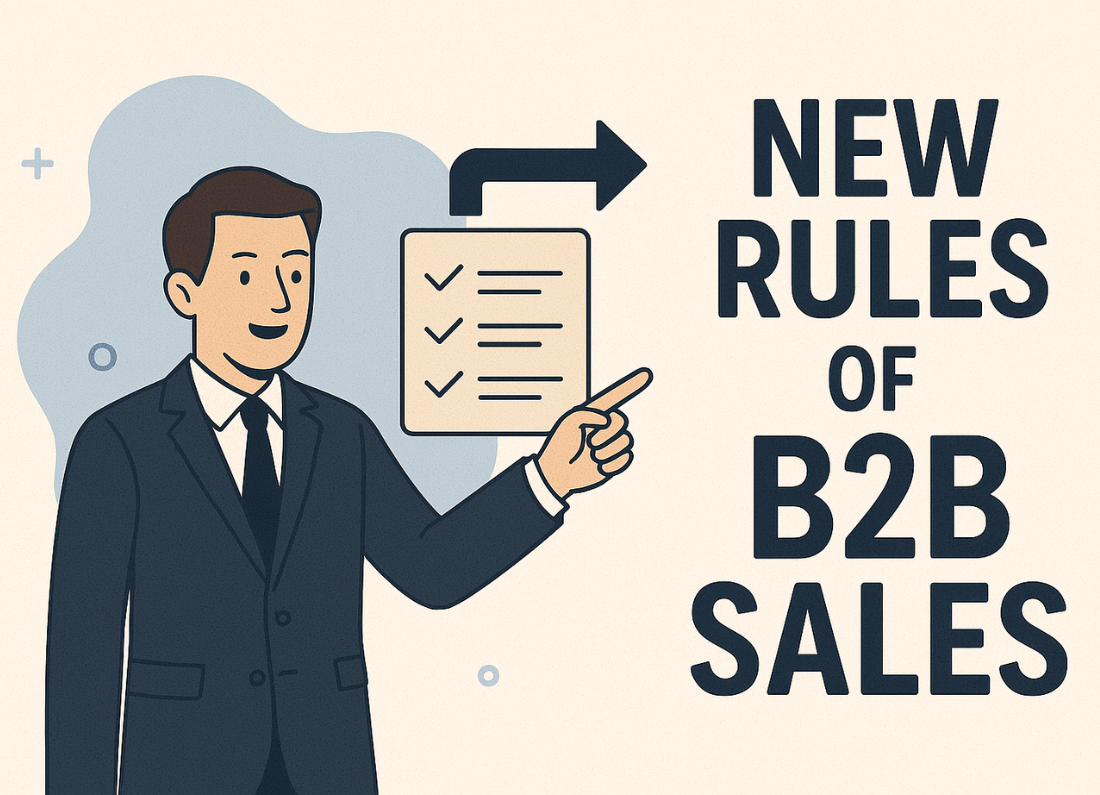Starting a business is exciting—but without the proper legal foundation, even the best ideas can face unnecessary risks. In 2025, the legal landscape for entrepreneurs is more complex than ever, with new regulations in data privacy, remote work, digital contracts, and AI ethics reshaping how startups operate.
Whether you’re launching a tech platform, opening an e-commerce store, or building a consultancy, taking the right legal steps early on can protect your assets, prevent costly mistakes, and build credibility with investors, partners, and customers.
This guide walks you through the key legal steps to start a business in 2025, helping you navigate compliance, structure, contracts, and beyond.
1. Choose the Right Business Structure
The first and most critical legal decision you’ll make is selecting your business entity type. Each structure affects your liability, taxation, fundraising options, and paperwork obligations.
Common structures in 2025 include:
- Sole Proprietorship – Easy to start, but offers no personal liability protection.
- Partnership – Shared ownership, flexible, but similar liability risks unless structured as an LLP (Limited Liability Partnership).
- LLC (Limited Liability Company) – Offers liability protection and pass-through taxation. Popular among startups and solo founders.
- Corporation (C-Corp or S-Corp) – Ideal for high-growth startups seeking outside investment. More complex to manage but scalable.
Tip: If you’re planning to raise venture capital, most investors prefer a Delaware C-Corp due to its well-established legal framework.
Action Step: Consult with a business attorney or accountant to choose the structure that best fits your goals, especially regarding taxes and liability.
2. Register Your Business and Obtain Licenses
Once you’ve selected a structure, you must legally register your business with the appropriate state and federal agencies.
Key steps include:
- Registering your business name (Doing Business As – DBA, if applicable)
- Filing Articles of Incorporation or Organization
- Obtaining an EIN (Employer Identification Number) from the IRS
- Applying for local or state business licenses based on your industry (e.g., food service, construction, retail)
In 2025, many states offer online portals to streamline registration and licensing. However, compliance can vary significantly depending on where you’re located and what services you offer.
Action Step: Check your state’s Secretary of State website and any applicable industry regulatory boards for up-to-date requirements.
3. Draft and Maintain Essential Legal Documents
Legal documents don’t just protect you—they also create structure, prevent disputes, and build trust with stakeholders. Even if you’re a solo founder, it’s essential to document your processes.
Must-have legal documents for startups in 2025:
- Operating Agreement (for LLCs) or Bylaws (for Corporations)
- Founder Agreements – outlining roles, responsibilities, and equity splits
- Employment Contracts or Independent Contractor Agreements
- Non-Disclosure Agreements (NDAs)
- Service Agreements, Terms & Conditions, and Privacy Policies for online platforms
- IP Assignment Agreements – ensures any IP created belongs to the company
Pro Tip: Don’t copy legal templates from the internet. Laws vary by jurisdiction and industry. Work with a startup attorney or use vetted platforms like Clerky, Stripe Atlas, or LegalZoom.
4. Understand Tax Responsibilities and Compliance
Ignoring taxes is a costly mistake. In 2025, the IRS and local governments are leveraging AI for improved auditing, and enforcement is more efficient than ever.
Key tax steps include:
- Registering for federal, state, and local taxes
- Understanding your tax obligations (income tax, sales tax, self-employment tax, payroll tax)
- Keeping clean, auditable financial records
- Filing quarterly estimated taxes, if applicable
If you have remote employees or customers in multiple states, you may need to register for sales tax in each relevant jurisdiction.
Action Step: Hire a startup accountant or use platforms like Bench, QuickBooks, or Gusto to automate financial compliance and stay on top of deadlines.
5. Protect Your Intellectual Property (IP)
Your brand, product, and technology are your most valuable assets. In 2025, where AI-generated content and open-source tools blur IP lines, IP protection is non-negotiable.
Protect your IP through:
- Trademarks: Protect your brand name, logo, and tagline
- Copyrights: Cover original written, visual, or software content
- Patents: Protect inventions, technical processes, or software algorithms
- Trade Secrets: Keep confidential business information secured and protected
Tip: Apply early. Trademark disputes and domain name conflicts can derail a launch. Use services like USPTO, WIPO, or an IP attorney to secure your rights.
Action Step: Conduct an IP audit before launching your business name, product, or platform. Secure necessary domains and trademarks.
6. Build Legal Protections for Remote Work and Contractors
With remote and hybrid work the new norm in 2025, startups must navigate employment law carefully—especially when hiring across state or national borders.
Key considerations:
- Use clear remote work policies that define expectations, hours, and data protection
- Comply with labor laws in each state or country where workers reside
- Clarify worker classification – employee vs. independent contractor. Misclassification can result in legal penalties.
- Set up IP and confidentiality clauses in every agreement
Action Step: Use HR platforms like Deel, Remote, or Oyster to manage international compliance and contractor agreements efficiently.
7. Understand Data Privacy and Cybersecurity Laws
If your business collects customer data (which most do), you’re subject to increasingly strict privacy regulations.
As of 2025, several new or expanded data privacy laws are in effect:
- GDPR (EU)
- CCPA / CPRA (California)
- U.S. Data Privacy Acts in states like New York, Virginia, and Colorado
- AI-related privacy and consent regulations (new in 2025)
You must clearly disclose how data is collected, stored, used, and protected. Noncompliance can lead to fines and reputational damage.
What to include:
- A Privacy Policy that complies with local and international laws
- A Cookie Consent Banner for websites
- A Data Breach Response Plan
Action Step: Use privacy compliance tools like Termly, iubenda, or Osano to stay up to date and implement best practices.
8. Prepare for Future Fundraising
If you plan to raise capital from investors, ensure your legal and financial house is in order from day one.
Key investor readiness steps:
- Cap Table Management – Clearly outline equity ownership
- Due Diligence Folders – Prepare all foundational documents, IP assignments, and compliance materials
- Convertible Notes / SAFEs – Understand the mechanics and legal terms before issuing
- Compliance with SEC Rules – Especially for equity crowdfunding or general solicitation
Action Step: Use platforms like Carta, AngelList, or LTSE Equity to manage your cap table and fundraising compliance.
Conclusion: Legal Is Not Just Paperwork—It’s Strategy
Starting a business in 2025 means more legal complexity—but also more tools and resources than ever to help you navigate it. By handling the legal foundations early, you’ll reduce risk, increase investor confidence, and set your startup up for long-term success.
Remember: Good legal decisions now prevent bad consequences later.
So whether you’re bootstrapping or preparing for a seed round, take the legal side of your startup as seriously as your product, marketing, and vision.















Leave a Reply